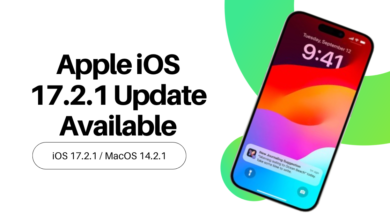Breaking Barriers: Microsoft to Separate Teams and Office Globally for Enhanced Efficiency

Microsoft to Separate Teams and Office Globally. They’re doing this because regulators are worried about competition issues. They want to address these concerns. Let’s look into it more.
Table of Contents
Introduction to Microsoft Teams

Microsoft Teams is a chat and video app that was first included with Office 365 in 2017.
Criticism of Bundling: Many competitors complained that bundling Teams with Office gave Microsoft an unfair advantage.
Investigation by European Commission: The European Commission started looking into this bundling after a complaint from Slack, a competing messaging app owned by Salesforce.
European Unbundling
- To avoid potential fines for antitrust violations in the EU, Microsoft separated Teams from Office.
- This change only applied to the European Economic Area (EEA) and Switzerland.
- Customers in these regions could then buy Teams and Office separately.
Microsoft to Separate Teams and Office Globally

- Now, Microsoft is extending this separation globally. Starting April 1, customers worldwide can choose between the following options:
- Office without Teams: This option excludes Teams and is priced between $7.75 and $54.75, depending on the specific Office product.
- Standalone Teams: Customers can opt for Teams as a separate offering, priced at $5.25.
Antitrust Implications
Even though Microsoft made this change, they could still get in trouble with the EU for antitrust reasons. Other companies are still unhappy about the charges linked to using their messaging services with Office Web Applications.
Conclusion
In conclusion, the decision by Microsoft to separate Teams and Office signifies a pivotal shift in response to antitrust concerns. While this move addresses some regulatory issues, potential challenges and criticisms persist regarding the integration of messaging services with Office applications.
You Might Also Like To Read
OpenAI Voice Cloning AI Model: A Breakthrough in Speech Synthesis.
FAQ’s
Why is Microsoft deciding to separate Teams and Office?
Microsoft is separating Teams and Office in response to antitrust scrutiny and concerns raised by regulators regarding unfair competition practices.
What does it mean for users now that Microsoft is separating Teams and Office?
Users will have the option to purchase Teams and Office as separate products, providing them with more flexibility in selecting the tools they need for communication and productivity.
Will this separation affect the functionality of Teams and Office?
No, the separation is primarily related to how the products are sold and bundled together. The functionality of Teams and Office applications will remain intact.
How will Microsoft’s decision to separate Teams and Office impact pricing?
Pricing may be adjusted to reflect the separate offerings of Teams and Office. Customers can expect more transparency and choice in pricing structures.




